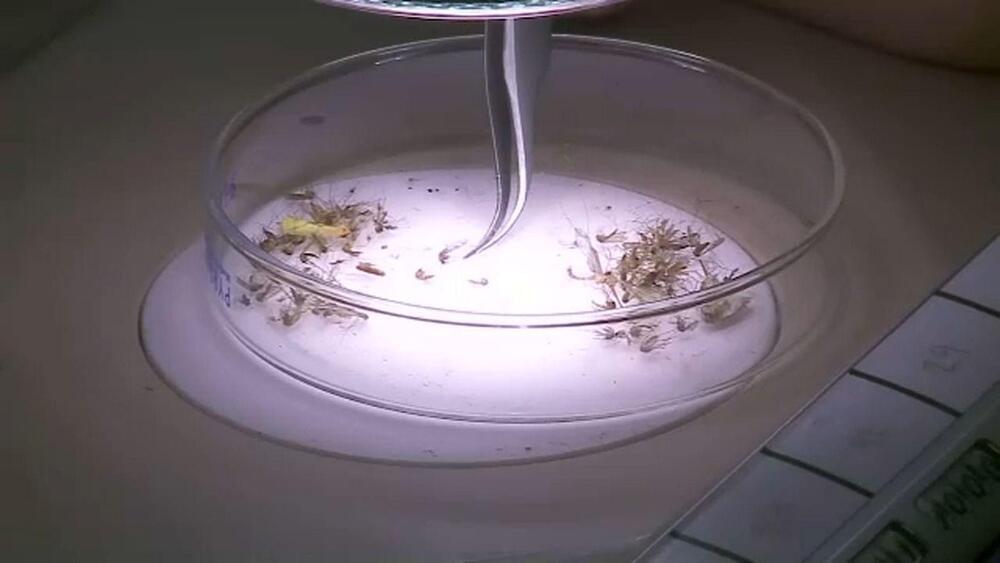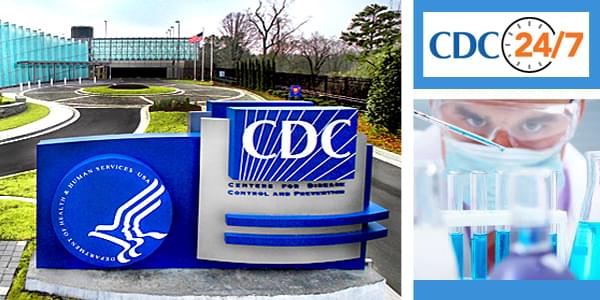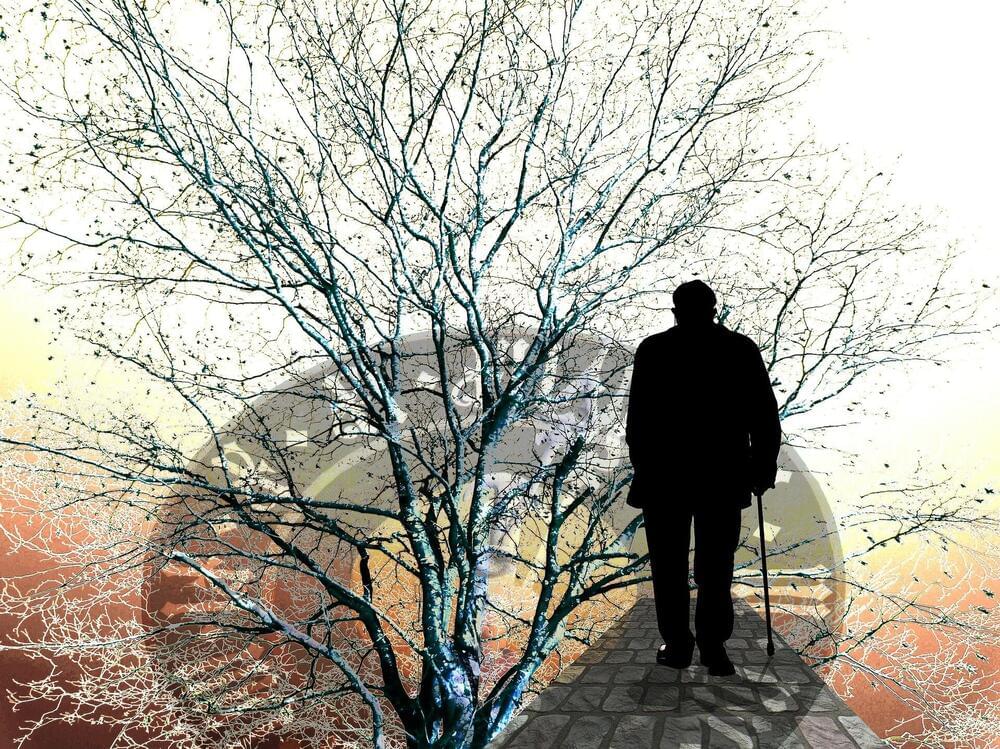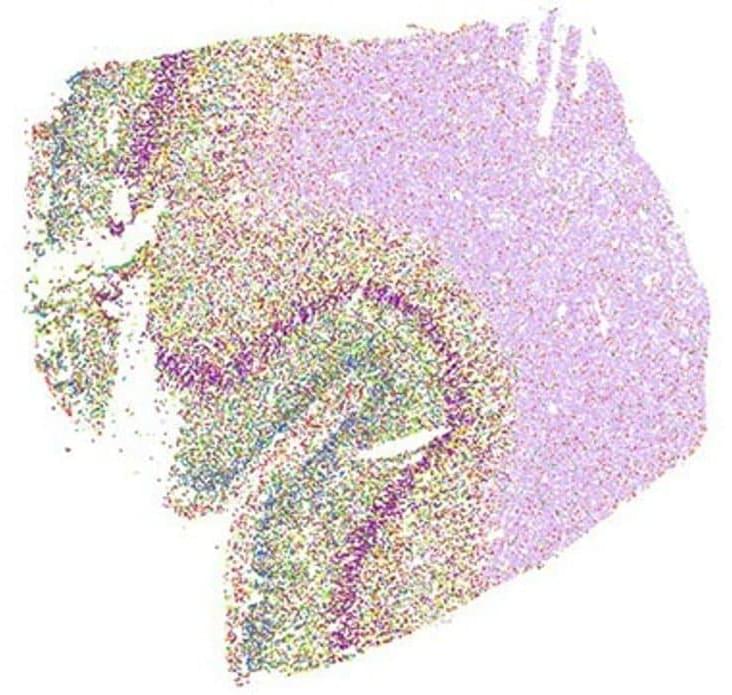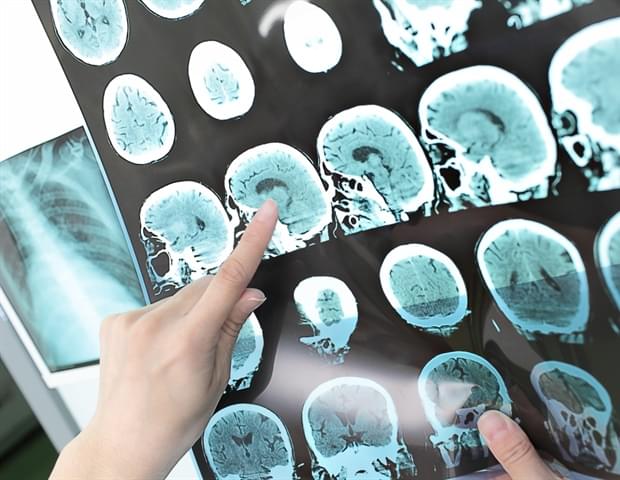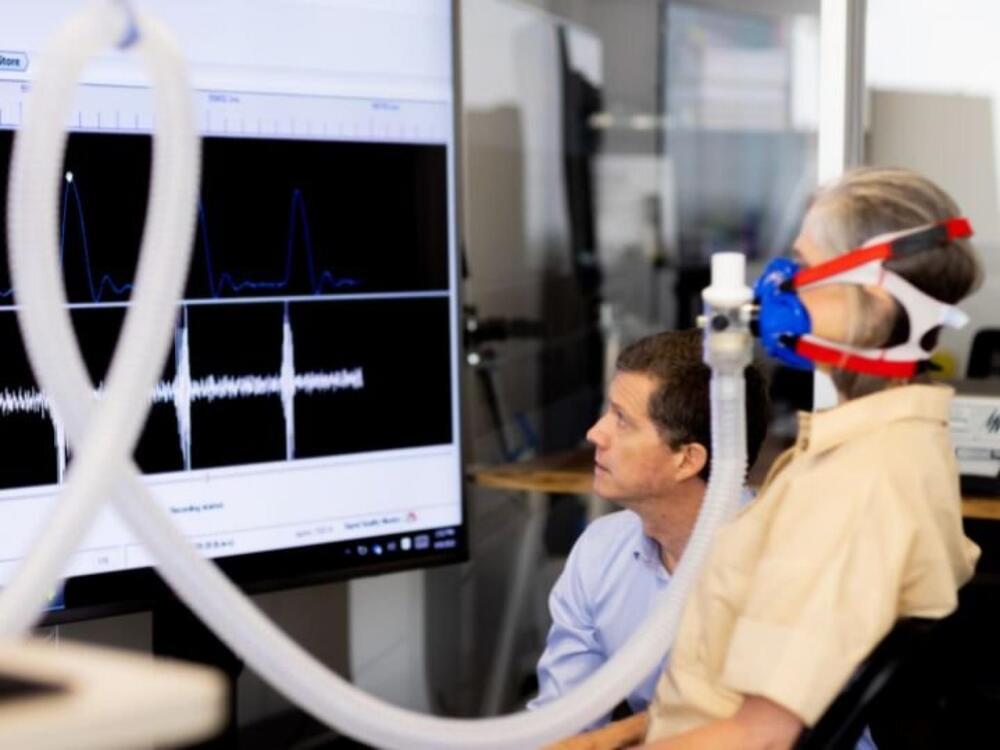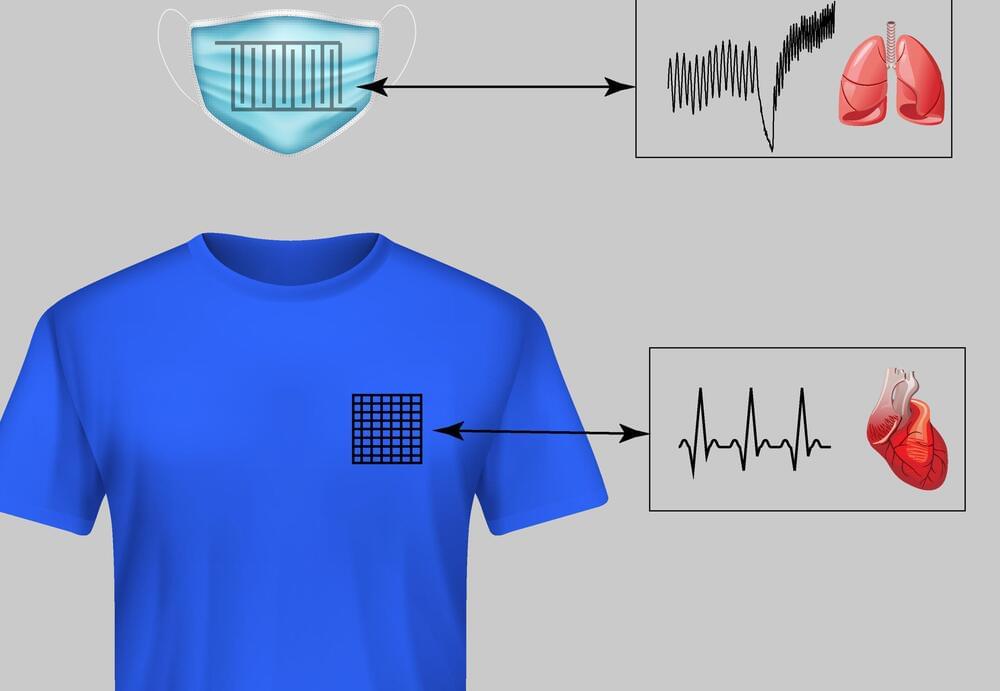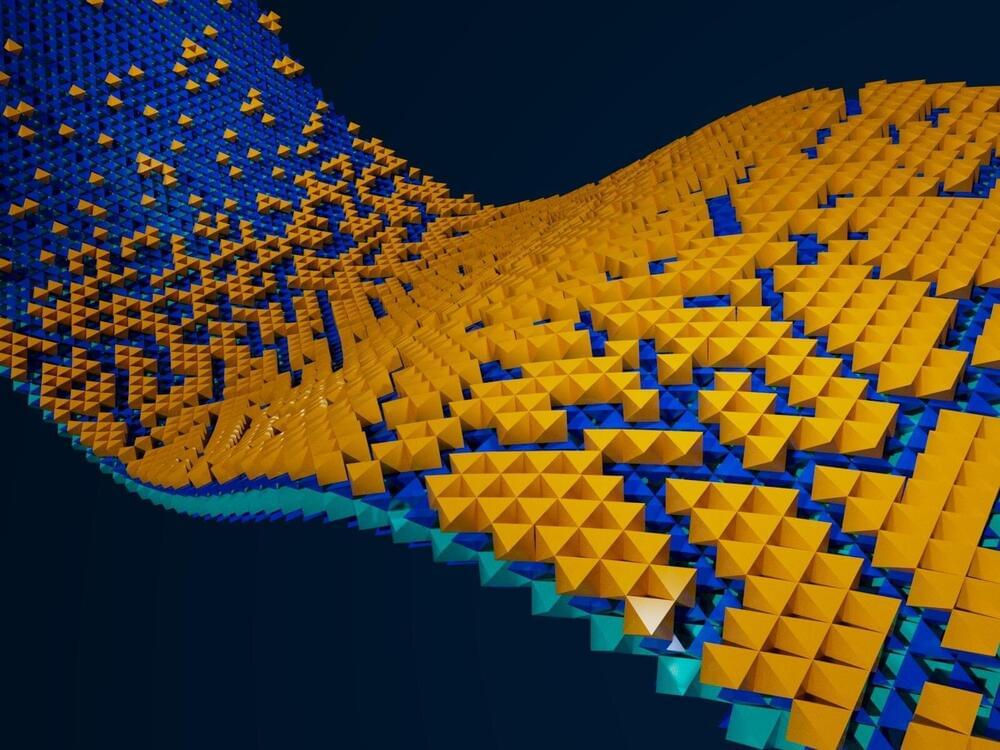Sep 28, 2022
Polio declared imminent threat to public health in New York
Posted by Quinn Sena in categories: biotech/medical, health
“From day one, we’ve taken an aggressive public health approach to combat the spread of polio and ensure New Yorkers are protected,” Hochul said. “This declaration will bolster our ongoing efforts to protect New Yorkers against paralytic disease, prevent spread, and support our public health partners.”
Public health officials at the county level will have expanded ability to receive funding and resources for immunization clinics and conduct outreach for unvaccinated and under-vaccinated New York residents. Local health officials will be able to claim a reimbursement for these efforts, back dated to July 21 and running through Dec. 31.
“Working daily with local county health departments, our partners at CDC, and trusted leaders, the Department is working effectively to increase childhood and community vaccination rates in counties where the virus has been detected,” Bassett said. “Thanks to long-established school immunization requirements, the vast majority of adults, and most children, are fully vaccinated against polio. Our focus remains on ensuring the on-time administration of polio vaccination among young children and catching kids and adults up who are unimmunized and under-immunized in the affected areas. That work continues at full force.”
